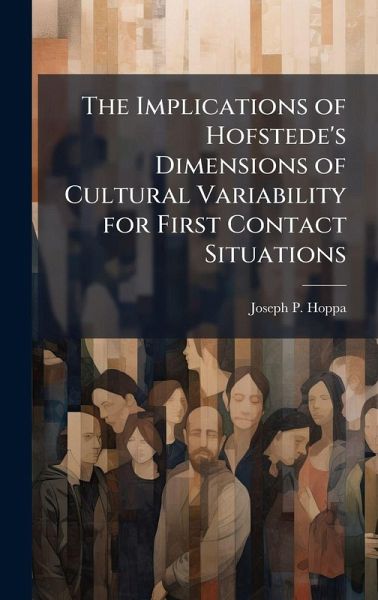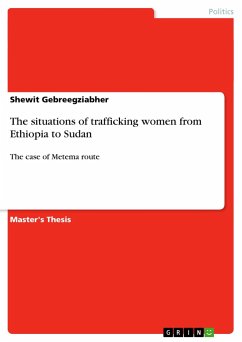
The Implications of Hofstede's Dimensions of Cultural Variability for First Contact Situations
Versandkostenfrei!
Versandfertig in über 4 Wochen
25,99 €
inkl. MwSt.
Weitere Ausgaben:

PAYBACK Punkte
13 °P sammeln!
This study examined the interrelationships between Hofstede's dimensions of cultural variability and the proposed dimensions of the law enforcement culture, and explored the implications of those interrelationships for first contact situations between Air Force Office of Special Investigations (AFOSI) agents and foreign law enforcement agencies. The author reviewed historical-critical, quantitative, and qualitative law enforcement literature and proposed four dimensions of the law enforcement culture. These dimensions are uncertainty, authority, solidarity, and individualism. The proposed dime...
This study examined the interrelationships between Hofstede's dimensions of cultural variability and the proposed dimensions of the law enforcement culture, and explored the implications of those interrelationships for first contact situations between Air Force Office of Special Investigations (AFOSI) agents and foreign law enforcement agencies. The author reviewed historical-critical, quantitative, and qualitative law enforcement literature and proposed four dimensions of the law enforcement culture. These dimensions are uncertainty, authority, solidarity, and individualism. The proposed dimensions of the law enforcement culture are further explored within the context of Hosfstede's dimensions of cultural variability (uncertainty avoidance, power distance, individualism-collectivism, and masculinity-femininity). AFOSI agents can use Hofstede's dimensions of cultural variability to plan, direct, and explain their efforts to collect threat information from foreign law enforcement agencies in first contact situations. Hofstede's dimensions of cultural variability can assist AFOSI agents in addressing the critical tasks of establishment of credibility, use of incentives, selection of sources, and evaluation of information. Formal training initiatives will help AFOSI agents understand the implications of Hofstede's dimesions of cultural variability not only in first contact situations with forein law enforcement agencies but also in a variety of foreign and domestic situations. This work has been selected by scholars as being culturally important, and is part of the knowledge base of civilization as we know it. This work was reproduced from the original artifact, and remains as true to the original work as possible. Therefore, you will see the original copyright references, library stamps (as most of these works have been housed in our most important libraries around the world), and other notations in the work. This work is in the public domain in the United States of America, and possibly other nations. Within the United States, you may freely copy and distribute this work, as no entity (individual or corporate) has a copyright on the body of the work. As a reproduction of a historical artifact, this work may contain missing or blurred pages, poor pictures, errant marks, etc. Scholars believe, and we concur, that this work is important enough to be preserved, reproduced, and made generally available to the public. We appreciate your support of the preservation process, and thank you for being an important part of keeping this knowledge alive and relevant.












